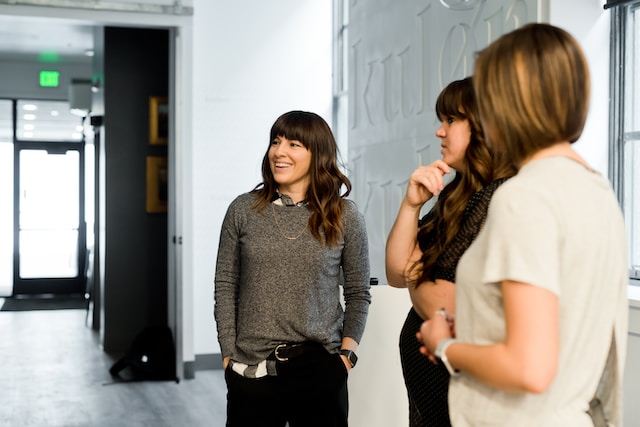Research conducted by neuroscientist Grit Hein from the University of Würzburg suggests that adults can both lose and learn empathy through observation of others, challenging the idea that empathy is a fixed trait developed in childhood.
People adjust empathy reactions based on social signals
Therefore one’s level of empathy is influenced by the people they spend time with. For instance, Interacting with highly empathetic individuals can increase one’s empathy, while spending time with less empathetic people may decrease it. Hein demonstrated this aspect through brain scans and mathematical models.
Hein conducted several studies involving over 100 participants to investigate if empathy could be socially transmitted. Subjects watched videos of hands experiencing pain and rated their own empathy. They then observed others’ reactions, either highly empathetic or non-empathetic, to the same videos. Afterward, subjects re-rated their empathy towards new videos. Results indicated that observing others’ reactions significantly influenced participants’ empathy levels, with empathy ratings increasing or decreasing based on the observed reactions.
According to brain scans there are physical alterations in areas linked to empathy processing. The researcher’s computational models elucidate neural mechanisms. Basically, the brain employs reinforcement learning to adjust empathy reactions according to social signals. The study demonstrates that empathy can be enhanced akin to muscle growth through positive reinforcement from empathetic surroundings. Conversely, Hein warns that empathy may diminish in insensitive environments.
Callous attitudes in business environment diminishes empathy
The study emphasizes the influence of the social environment on employees’ emotional skills in businesses. It suggests that fostering callous or uncaring attitudes can diminish empathy among workers, which can affect performance negatively. While empathy is beneficial for cooperation, helping behaviors, and patient care, excessive empathy can lead to stress and burnout. The author suggests that successful environments maintain a balance by promoting mutual respect, as respect is crucial for nurturing empathy.
In a world marked by growing divisions, Hein’s statement is very important. While empathy may be finite, intentionally weakening it jeopardizes the essential social connections crucial for human well-being. Hein concludes that learning empathy from others is feasible but sustained empathy hinges on mutual respect in the environment.


